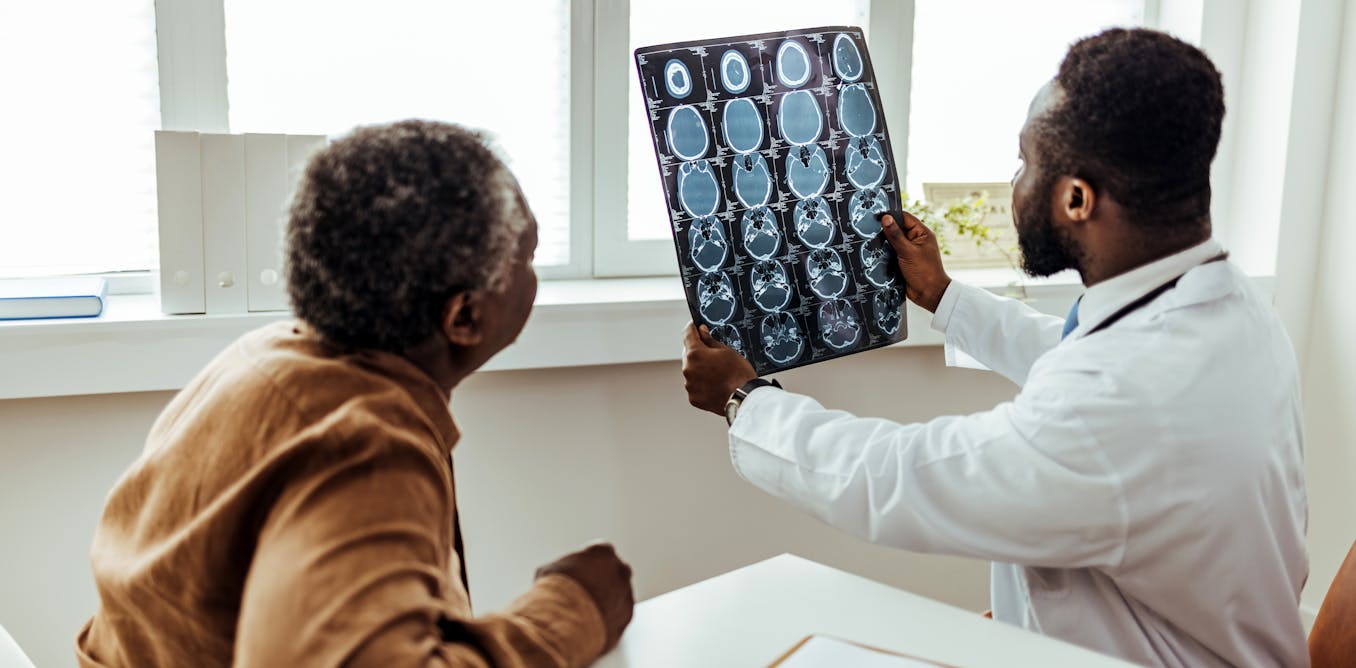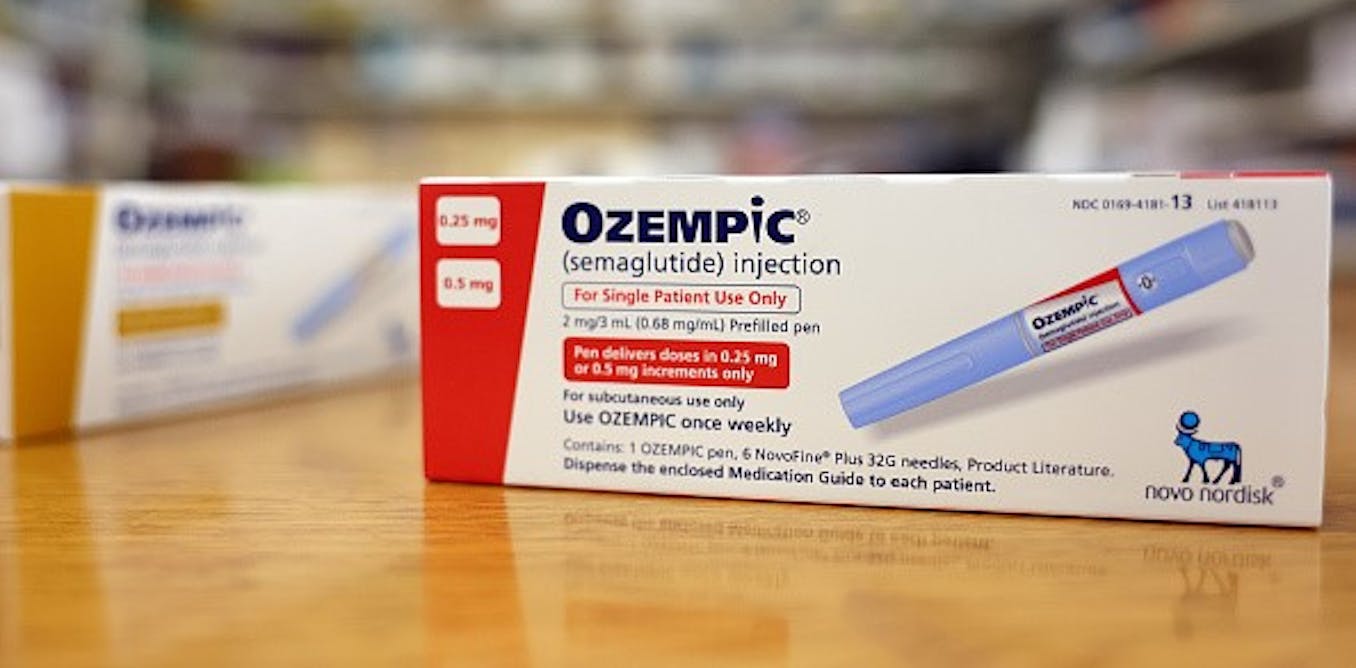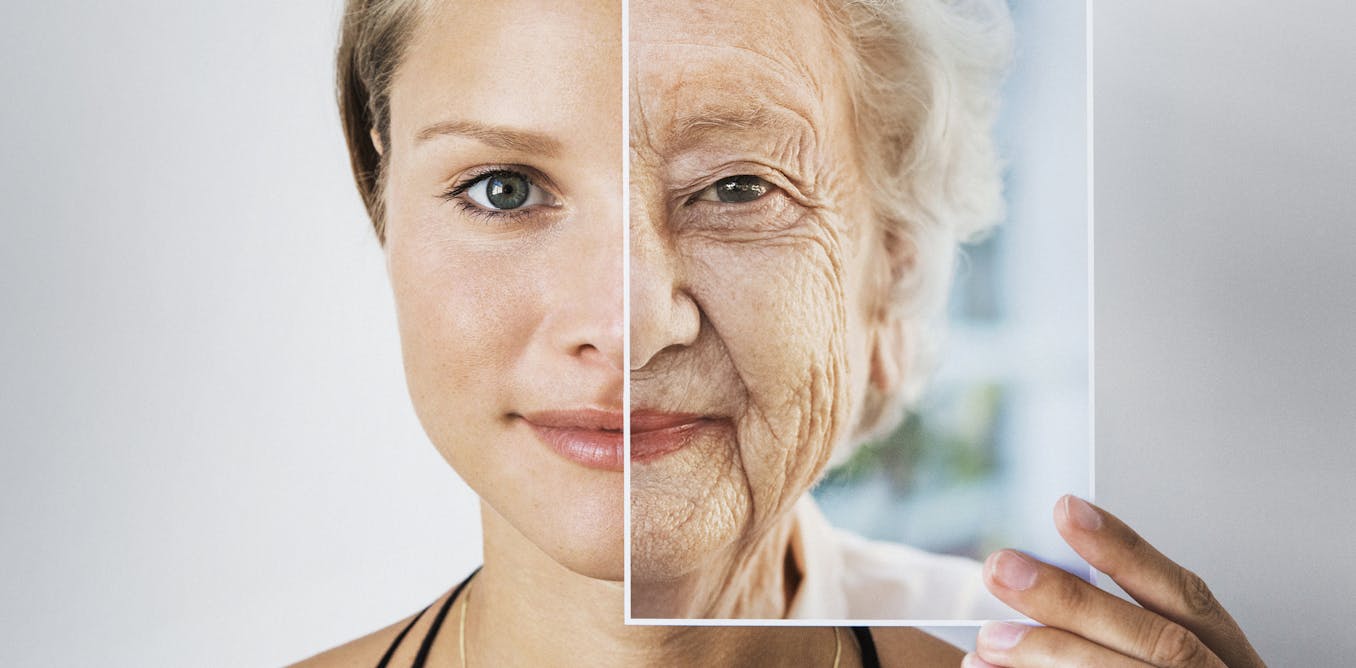Chronic stress contributes to cognitive decline and dementia risk – 2 healthy-aging experts explain what you can do about it
Even small lifestyle changes – such as more social interaction and a better diet – can help reduce stress.
May 28, 2025 • ~10 min









